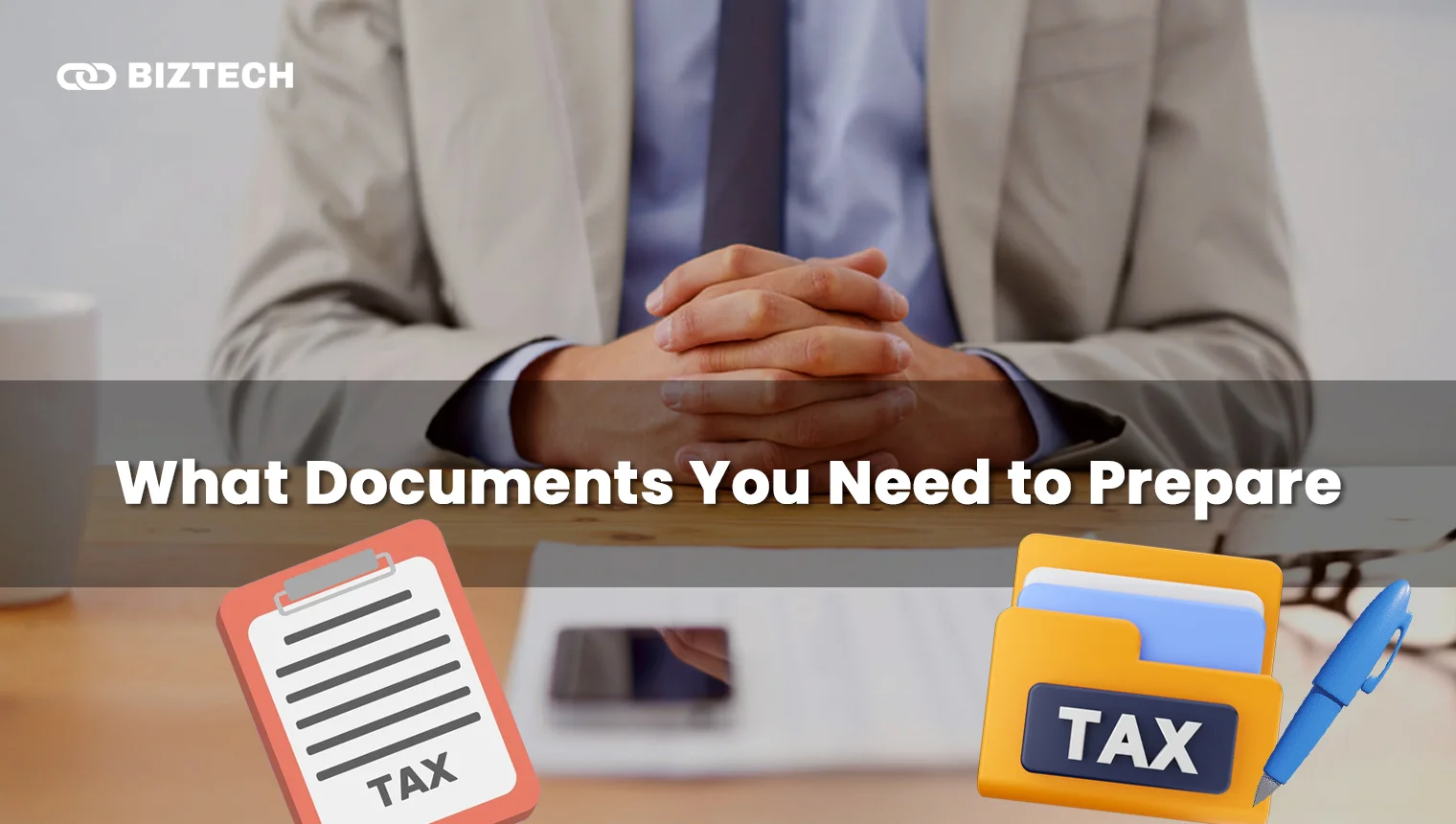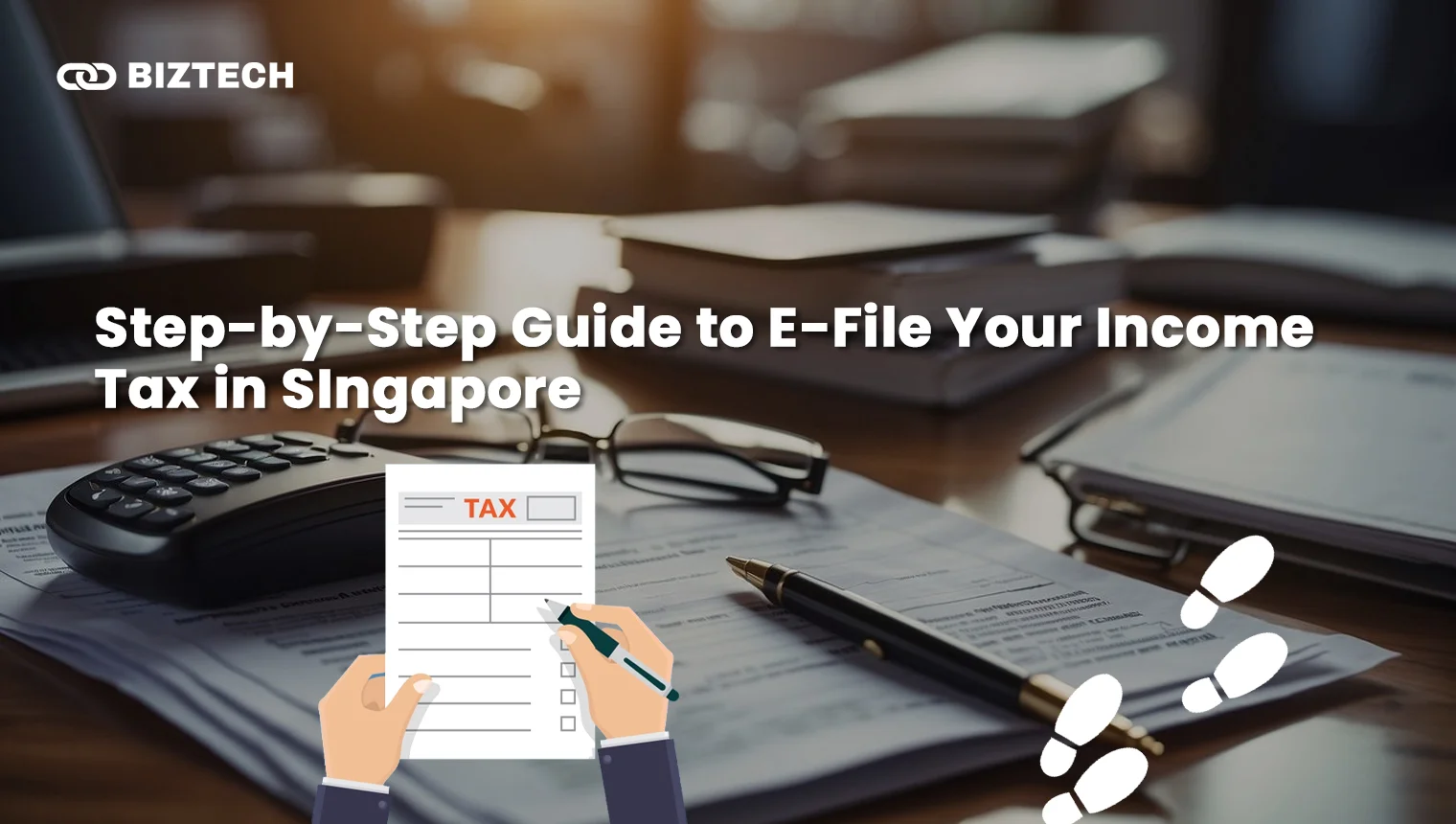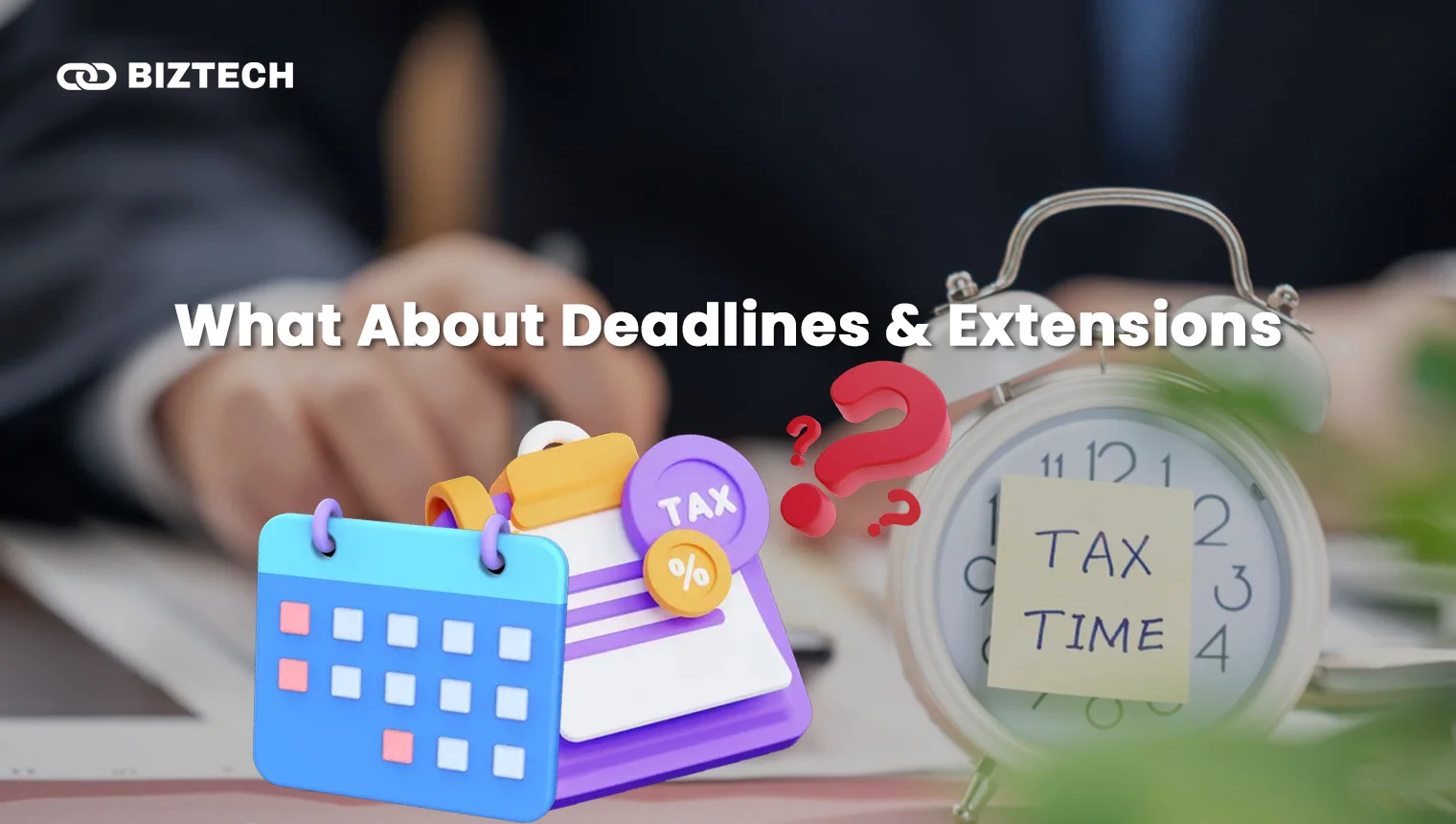Singaporean taxpayers must file an annual income tax return by April 15.
Make sure you remember the deadline, as it has been one of the most common mistakes for many Singaporeans when paying for income tax.
What Documents You Need To Prepare To File Your Income Tax in Singapore?

The appropriate form depends on the individual’s tax residency status:
- Tax resident individuals: Form B1
- Self-employed individuals: Form B
- Non-resident individuals: Form M
If you fail to file returns or pay taxes, you may be subject to legal action by Singapore’s IRAS. Therefore, always prepare early before the deadline.
Filing Income Tax Checklist if You Are An Employee
Documents Required:
- SingPass or IRAS Unique Account (IUA)
- Form IR8A (if applicable)
- Details of dependents (if any)
- Rental income details (if applicable)
- Business Registration Number or Partnership Tax Reference Number (if self-employed)
- Records of allowances and benefits received from employment
- Receipts or records of deductible expenses (e.g., donations, medical expenses)
- Any other relevant income documents (e.g., dividends, bonuses)
- Proof of foreign income and taxes paid (if applicable)
- Documents related to any tax reliefs or deductions claimed
- Bank statements or records of income received
- Records of any investments or capital gains
- Any other relevant financial documents or statements
- Notice of Assessment (NOA) from previous tax years (for reference)
- Any correspondence or notices from the Inl
Filing Income Tax Checklist if You Are A Business Owner
| Documents Required | Description |
| Business Registration Documents | ACRA BizFile documents: -Business Registration Certificate & Constitution. |
| Financial Statements | Profit and Loss statements, Balance Sheets; Cash Flow Statements. All for the current tax year. |
| Employment Records | Details of your employees’ salaries, wages, bonuses, and benefits. |
| Sales and Revenue Records | Sales invoices, receipts, contracts, and any other records of revenue earned. |
| Purchases and Expenses Records | Invoices, receipts, and records of business-related expenses incurred during the current tax year. |
| Asset and Depreciation Records | Assets details owned by the business and depreciation schedules. |
| Investment Records | Records of investments made by the business, including dividends and capital gains. |
| Tax Deductions and Credits Documentation | Documentation supporting tax deductions, allowances, and credits claimed. |
| GST Records (if applicable) | Records of Goods and Services Tax (GST) collected and paid, for GST-registered businesses. |
| Any Other Relevant Business Documents and Records | Any additional documents relevant to the business’s income and expenses for the tax year. |
Step-by-Step Guide to Walk You Through E-Filing Your Income Tax in Singapore

Income tax in Singapore can be filed electronically or on paper. Most taxpayers prefer electronic filing for its convenience and simplicity.
Here’s a step-by-step guide on how to file income tax in Singapore:
Step 1: Prepare Required Documents
After you calculate your income tax in Singapore, ensure you have the following documents ready:
- SingPass or IRAS Unique Account (IUA)
- Form IR8A (if your employer doesn’t participate in the Auto-Inclusion Scheme)
- Information about dependents for new relief claims (e.g., child, parent)
- Details of rental income and any other additional income
- Business Registration Number or Partnership Tax Reference Number (if self-employed or a partner)
Step 2: Log In to myTax Portal
Access myTax Portal using your SingPass or IRAS Unique Account (IUA). Navigate to “Individuals” > “File Income Tax Return” and proceed with the instructions provided.
Step 3: Input or Verify Your Details
Enter relevant details such as income, deductions, and reliefs. If your organisation participates in the Auto-Inclusion Scheme, these details may already be pre-filled for you to verify.
Step 4: Update Tax Reliefs
Include any additional tax reliefs you’re eligible for, such as relief for a newborn child. Remove any previously claimed reliefs that you no longer qualify for.
(If you want to know more about tax reliefs, read our article on 10 ways you can reduce your income tax in Singapore LEGALLY.)
Step 5: Declare Other Income Sources
If applicable, declare any additional sources of income, such as if you have received rental income.
Step 6: Receive Acknowledgement
Upon successful e-filing, you will receive an acknowledgement page. It’s advisable to save or print a copy for your records.
IRAS will send the necessary paper tax return between February and March for those unable to file taxes online.
Understanding Deadlines and Extensions for Income Tax Filing in Singapore

Deadlines
Knowing how to file income tax in Singapore, much like corporate taxes, and must be done annually through the Inland Revenue Authority of Singapore (IRAS). There are two critical deadlines to remember:
- E-filing deadline: April 18
- Paper filing deadline: April 15
These deadlines mark the cutoff for submitting your tax returns for assessment. Taxes are calculated based on income earned from January 1 to December 31 of the preceding year.
For instance, taxes filed in 2024 correspond to income earned from January 1 to December 31, 2023.
Extensions
Extensions may be granted in certain circumstances to allow individuals additional time to file taxes.
How to Request for Extensions for the FIlling of Your Income Tax in Singapore
If you cannot meet the tax filing deadlines, you can request an extension from the Inland Revenue Authority of Singapore (IRAS).
Here is how to file income tax in Singapore with extensions:
1. Submit a Request: Contact IRAS to request an extension formally. Provide a valid reason for needing the extension, such as medical emergencies, unforeseen circumstances, or other legitimate reasons.
2. Provide Necessary Information: When requesting an extension, ensure you provide all required information, including your personal details, tax identification number, and a clear explanation for the extension request.
3.Wait for Approval: Once your request is submitted, IRAS will review it and determine whether to grant the extension based on the provided reason and circumstances.
4. Comply with Extended Deadline: If your extension request is approved, adhere to the new deadline provided by IRAS for filing your taxes. Failure to meet this extended deadline may result in penalties or fines.
Remember, while extensions offer flexibility in meeting tax filing deadlines, it’s crucial to request them only when necessary and to comply with all requirements and deadlines set by IRAS.
